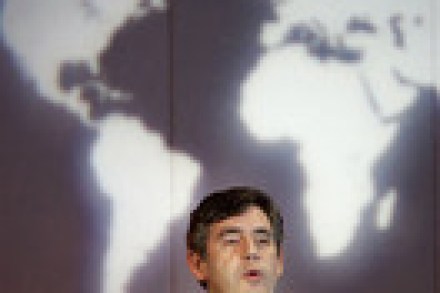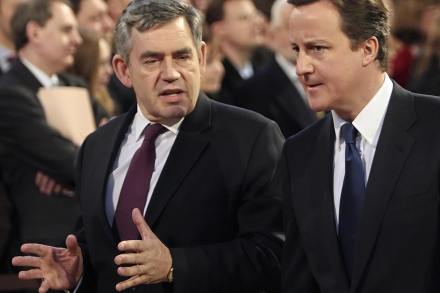Just in case you missed them… | 29 December 2008
Here are some of the posts made over the weekend on Spectator.co.uk: CoffeeHousers have a New Year’s resolution for David Cameron. Fraser Nelson looks ahead to 2009, and outlines why VAT cuts help the poorest least. James Forsyth comments on a testing year for South African democracy, and states that free speech doesn’t require giving Ahmadinejad a platform. Peter Hoskin says Labour rebellion is something to look out for in 2009, and claims the Tories have the high ground in the advertising battle. Daniel Korski observes futility in Gaza. Clive Davis marks the escalating crisis in Gaza. And Americano says cut the payroll tax and raise the gas tax.














